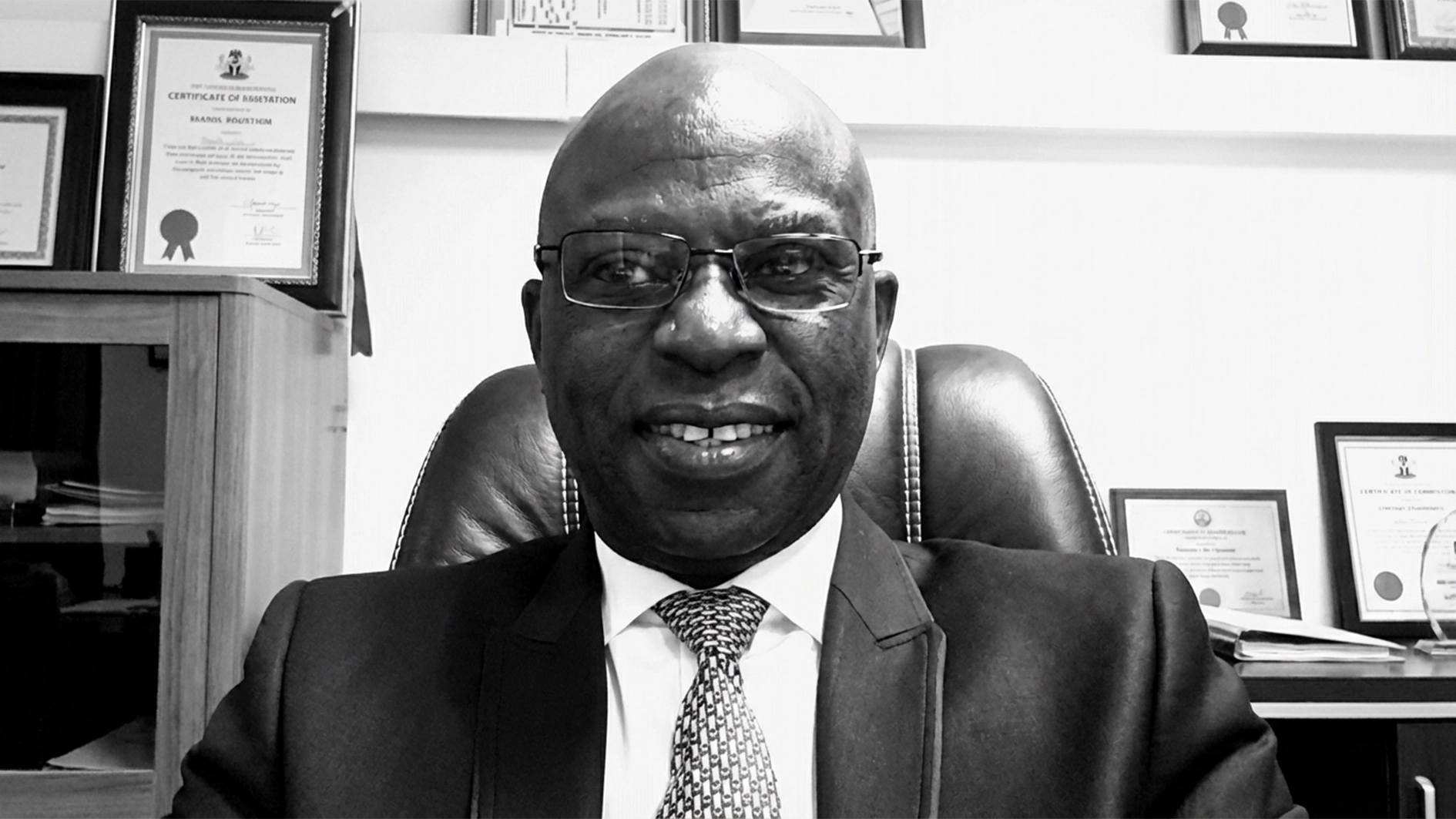
Piqued by the dwindling fortunes of Nigerian carriers, aviation stakeholders have unanimously called for far-reaching interventions to save the local industry from collapse.
The stakeholders, under the aegis of Aviation Safety Round-Table Initiative (ASRTI), the think-tank group of the local air transport sector, reiterated that the condition of the industry and its commercial operators remain dire, and warrants government’s initiatives to ease the pressure of the current harsh operating environment.
Specifically, the group called for programmes to keep more local airports open to operations beyond the sunset threshold; single-digit interest loan facilities for operators and concessions for aircraft maintenance; subsidised aviation fuel that sells for as low as N400/litre; suspension of multiple taxes and charges for the next 24 months, and inauguration of board of directors for various aviation agencies, without delay.
The President of Aviation Safety Round Table Initiative (ASRTI), Air Commodore Ademola Onitiju (rtd), at the opening of the third quarter Business Breakfast Meeting in Lagos, yesterday, noted that the activation of the Practice Directions on aircraft leasing, among other initiatives of the Minister Festus Keyamo, were commendable.
However, the volume of domestic travelling public for whom he sought to make aircraft available is dwindling due to the high cost of air tickets and reduced purchasing power of Nigerian citizens.
Onitiju recalled that the ASRTI had routinely recommended that the government had to be deliberate in its policy and show the political-will to rescue the aviation sector from collapse.
“We have highlighted the need for the government to emplace policies that create a conducive environment for aviation to thrive, remove the shackles and make air travel affordable.
“To this end, we advocated discriminatory exchange rates for maintenance and related activities including the acquisition of aircraft spares and ground handling equipment to enhance safety and ease of operations. It is our believe that these and other benefits will reduce operational costs, enhance proficiency and competitiveness,” he said.
The ASRTI emphasized that aviation is a catalyst for the growth of the tourism, hospitality and other sectors of the economy, necessitating the need for facilities in all airports nationwide to be equipped and upgraded to dispatch and receive aircraft at 12 midnight and beyond, to maximise the benefits of air travel and revenue generation. Aircraft are best utilised in the air.
Onitiju suggested a single-digit lending rate for the aviation sector to enhance its growth and contribution to Nigeria’s Gross Domestic Product. The body believes that the establishment of an Aviation Finance Bank could help in actualising that, though beginning with a purposeful coordination between the aviation sector and other government agencies, especially the Central Bank of Nigeria (CBN) and the Nigeria Civil Aviation Authority (NCAA).
At the operations’ end is the need for fuel intervention. Aviation fuel takes between 35 and 45 per cent of operation cost of the airlines. To support the airlines, ASRTI stated that the federal government could exempt all local refineries with capacity to produce Jet A1 fuel from taxation related to its production within a given renewable time-frame for the sector to recuperate.
“The domestic market is the target here. Normal global pricing could apply to foreign airlines that traverse the Nigerian air space and vessels outbound Nigeria. Details of the discriminatory policy could be worked out by the Ministries of Finance, Aviation and Petroleum Resources.
“In order to safeguard Nigeria’s national interest and economic survival, the Dangote Refinery, which enjoys uncommon support from the Nigerian government operates from the Free Trade Zone and other refineries producing Jet Fuel in Nigeria could be incentivised with further concessions and tax exemption of costs related to the production of aviation jet to enable them sell at less than N400 per litre to domestic operators only,” Onitiju said.
By way of palliatives for the aviation sector, the recommended the suspension of operational charges including aeronautical and navigational for a period of 24 months as part of measures to reduce local air fares and encourage the growth and development of local airlines to make them competitive and profitable.
“We must protect our airlines from the adverse consequences of Open Skies and AfCFTA operations. When the local airlines thrive, revenue will accrue to the government and regulatory authorities.
“For us at the ASRTI, political will is all that is required to actualise what is being suggested. We dare say that there is an existential threat to the aviation sector in Nigeria as the exchange rate of the naira to other international currencies is in a dire strait.
“Protectionism in the national interest and survival is permissible in the global political economy. President Bola Tinubu and his team must frontally tame the unruly inflation triggered by the stench from the conspiracy of a few in the oil and gas sector whose consequences continually strangulate proceeds from the life blood of Nigeria’s economy. Institutions are the backbone of every society. We must strengthen them and entrench institutional governance through regular practice of accountability, transparency, and responsibility,” he said.
Lastly, the round-table demanded of the federal government the inauguration of the boards of all the aviation agencies to check arbitrariness, unprofessional conduct and unnecessary interference in their activities.
Good institutional governance practice, they argued, will embolden aviation agencies to ethically demand and enforce good corporate governance practice by airlines and allied stakeholders in the aviation sector and Nigeria will be better for it.






